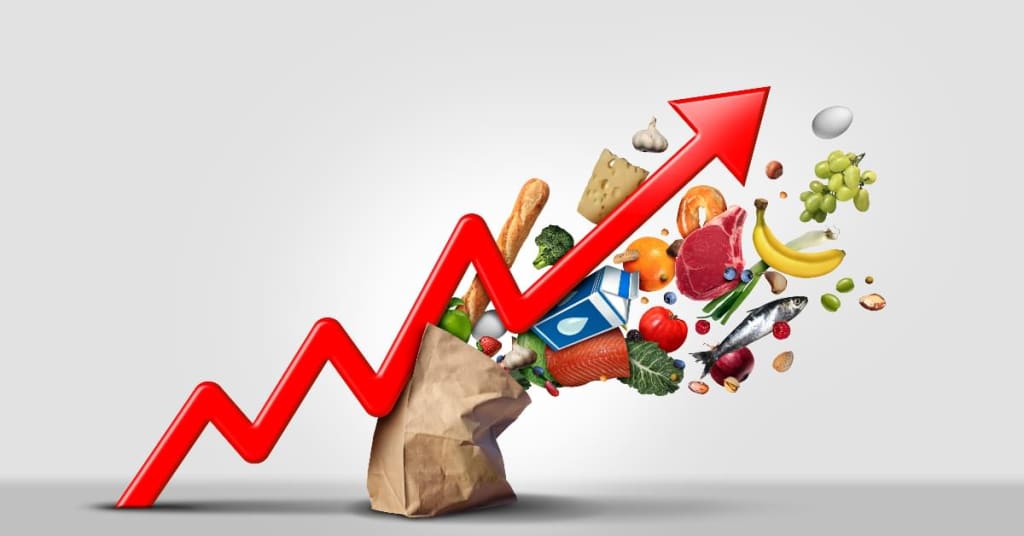
Inflation is a persistent increase in the price of goods and services over time. It is a natural part of any economy and can be caused by a variety of factors, such as an increase in demand for goods and services, a decrease in supply, or an increase in the money supply. While some level of inflation is necessary for a healthy economy, high levels of inflation can be detrimental to economic growth and stability. As such, the question of whether inflation can be reversed is of great importance to policymakers and economists alike.
To understand whether inflation can be reversed, it is important to understand what causes it in the first place. Inflation can be caused by either demand-pull inflation or cost-push inflation. Demand-pull inflation occurs when there is an increase in demand for goods and services, leading to a shortage of supply and an increase in prices. Cost-push inflation occurs when there is an increase in the cost of production, such as an increase in wages or raw materials, leading to an increase in prices.
One way to reverse inflation is through monetary policy. Monetary policy refers to the actions taken by a central bank to manage the money supply and influence interest rates in order to achieve macroeconomic goals such as stable prices and maximum employment. One of the most common tools used by central banks to control inflation is the use of interest rates.
When a central bank increases interest rates, it makes borrowing more expensive, which in turn reduces demand for goods and services. This reduction in demand can lead to a decrease in the price of goods and services, effectively reversing inflation. Conversely, when a central bank decreases interest rates, it makes borrowing cheaper, which can lead to an increase in demand for goods and services and an increase in inflation.
Another tool used by central banks to control inflation is the use of open market operations. Open market operations refer to the buying and selling of government securities by a central bank. When a central bank buys government securities, it injects money into the economy, which can increase the money supply and lead to an increase in inflation. Conversely, when a central bank sells government securities, it removes money from the economy, which can decrease the money supply and lead to a decrease in inflation.
In addition to monetary policy, fiscal policy can also be used to reverse inflation. Fiscal policy refers to the use of government spending and taxation to influence the economy. When the government increases taxes, it reduces disposable income, which can lead to a decrease in demand for goods and services and a decrease in inflation. Conversely, when the government decreases taxes or increases spending, it can increase disposable income and stimulate demand for goods and services, which can lead to an increase in inflation.
While monetary and fiscal policy can be effective in reversing inflation, they are not without their drawbacks. One of the main drawbacks of using monetary policy to control inflation is the potential for unintended consequences. For example, increasing interest rates can lead to a decrease in economic growth and employment, which can have negative effects on the overall economy.
Similarly, fiscal policy can also have unintended consequences. For example, increasing taxes can reduce consumer spending and business investment, leading to a decrease in economic growth. Additionally, increasing government spending can lead to budget deficits, which can have long-term negative effects on the economy.
Another potential downside of using monetary and fiscal policy to control inflation is that it can take time for the effects to be felt. In some cases, inflation may continue to rise despite the use of these policies, or the policies may have unintended consequences that are not immediately apparent.
In conclusion, while inflation can be reversed using a variety of tools and policies, the effectiveness of these tools is not always guaranteed, and they can come with unintended consequences. As such, policymakers and economists must carefully consider the potential costs and benefits of any policy used to control inflation. Additionally, it is important





Comments
There are no comments for this story
Be the first to respond and start the conversation.